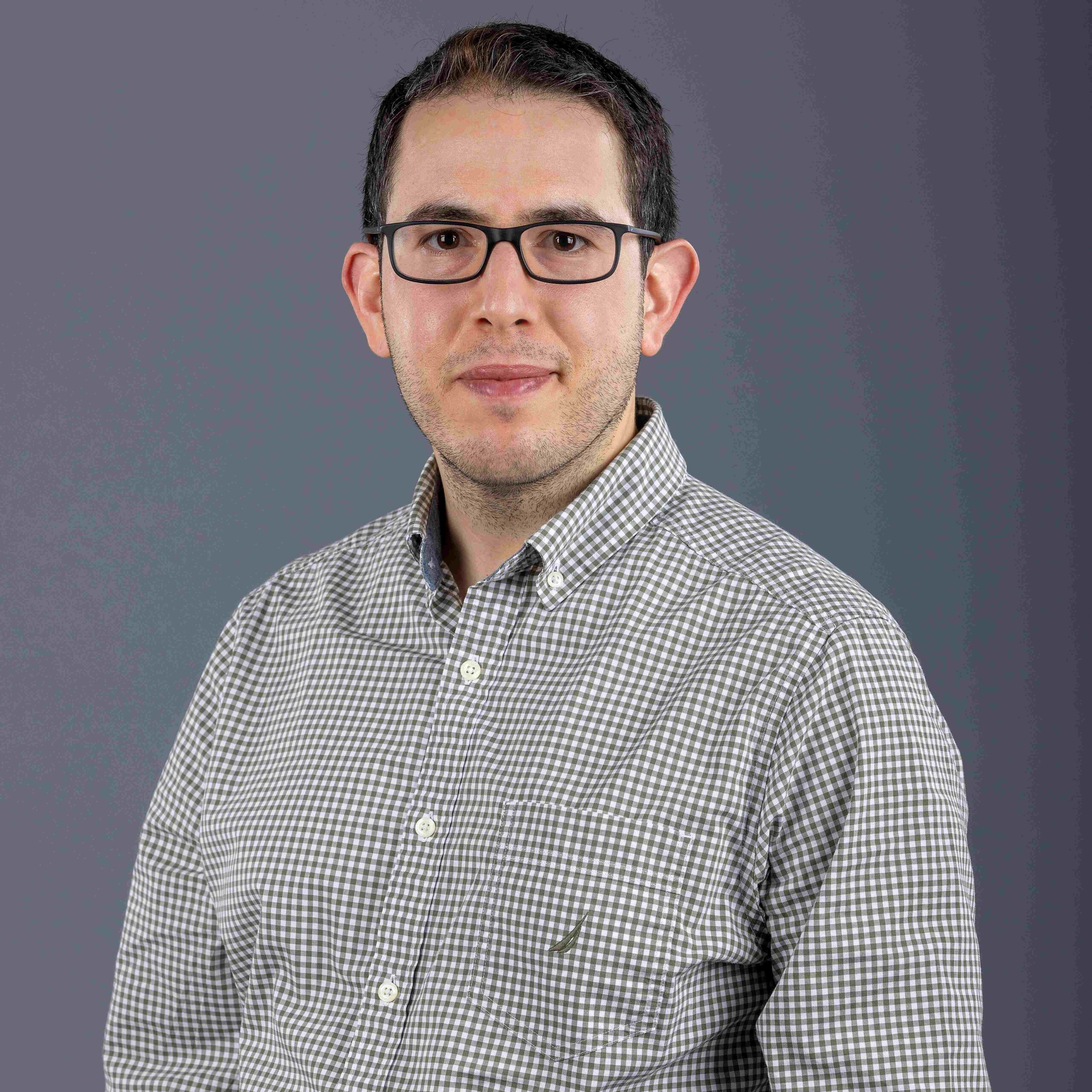
Andreas Monoyios
Dr Andreas Monoyios is a Clinical Assistant Professor at the School of Veterinary Medicine at the University of Nicosia. Currently he is teaching Physiology I, Physiology II and Parasitology.
Dr Monoyios graduated with a degree in Veterinary Medicine from the Aristotle University of Thessaloniki, Greece in 2012. His interest in zoonoses and veterinary parasitology led him to pursue an MSc at the Royal (Dick) School of Veterinary Studies at the University of Edinburgh, which was partially funded by Pfizer Inc. During the second half of his MSc studies, he investigated the molecular mechanisms of parasitism-induced anorexia in farm animals. The aim of the study was to provide insight into how appetite is regulated in parasitized animals using mice infected with the nematode Heligmosomoides bakeri as a model. The investigation took place at the Roslin Institute, and the results were presented in an MSc thesis and defence.
The next step in his academic career was to undertake a PhD project while employed at the University of Veterinary Medicine Vienna (VetMedUni Vienna) in Austria. The project was fully funded by the Austrian Science Fund, and the goal was to discover the virulence and attenuation factors of a unicellular flagellated poultry protozoan called Histomonas meleagridis, using gel-based and gel-free proteomic tools. H. meleagridis is a protozoan of high significance as it can lead to devastating outbreaks of severe enterohepatitis in poultry farms. The research findings of this investigation were presented in three papers, which were published in peer-reviewed journals.
In addition to his research background, Dr. Monoyios’ practical experience was enriched by serving as an Official Veterinarian for the Veterinary Services of the Republic of Cyprus. This role allowed him to apply his knowledge of animal welfare, food hygiene, and public health to real-world situations.
Dr Monoyios is primarily interested in Molecular Parasitology, with a focus on understanding the mechanisms by which parasites cause pathogenesis, leading to disease. Specifically, Dr. Monoyios was involved in identifying parasitic virulence factors by optimizing proteomic techniques such as two-dimensional electrophoresis (2-DE) and two-dimensional difference gel electrophoresis (2D-DIGE). Additionally, Dr. Monoyios is interested in how parasites modify host physiology to ensure their survival and propagation, with an emphasis on exploring novel aspects of parasite biology.
